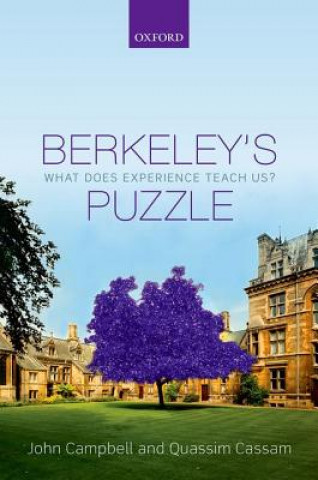
Code: 02616827
Berkeley's Puzzle
by John Campbell
Sensory experience seems to be the basis of our knowledge and conception of mind-independent things. The puzzle is to understand how that can be: even if the things we experience (apples, tables, trees etc), are mind-independent h ... more
- Language:
 English
English - Binding: Hardback
- Number of pages: 224
Publisher: Oxford University Press, 2014
- More about this

464.33 zł
Availability:
50/50 We think title might be available. Upon your order we will do our best to get it within 6 weeks.
We think title might be available. Upon your order we will do our best to get it within 6 weeks.We search the world
You might also like
-
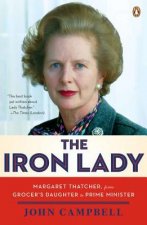
The Iron Lady
73.97 zł -11 % -
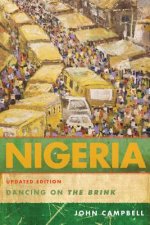
Nigeria
249.87 zł -
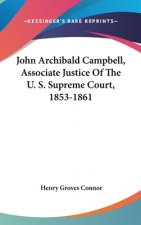
JOHN ARCHIBALD CAMPBELL, ASSOCIATE JUSTI
221.97 zł -

Poems
81.90 zł -5 % -

Life of John, Lord Campbell
128.12 zł -
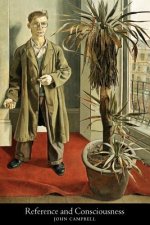
Reference and Consciousness
326.79 zł
Give this book as a present today
- Order book and choose Gift Order.
- We will send you book gift voucher at once. You can give it out to anyone.
- Book will be send to donee, nothing more to care about.
Availability alert
Enter your e-mail address and once book will be available,
we will send you a message. It's that simple.
More about Berkeley's Puzzle
You get 269 loyalty points
 Book synopsis
Book synopsis
Sensory experience seems to be the basis of our knowledge and conception of mind-independent things. The puzzle is to understand how that can be: even if the things we experience (apples, tables, trees etc), are mind-independent how does our sensory experience of them enable us to conceive of them as mind-independent? George Berkeley thought that sensory experience can only provide us with the conception of mind-dependent things, things which cannot exist when they aren't being perceived. It's easy to dismiss Berkeley's conclusion but harder to see how to avoid it. In this book, John Campbell and Quassim Cassam propose very different solutions to Berkeley's Puzzle. For Campbell, sensory experience can be the basis of our knowledge of mind-independent things because it is a relation, more primitive than thought, between the perceiver and high-level objects and properties in the mind-independent world. Cassam opposes this 'relationalist' solution to the Puzzle and defends a 'representationalist' solution: sensory experience can give us the conception of mind-independent things because it represents its objects as mind-independent, but does so without presupposing concepts of mind-independent things. This book is written in the form of a debate between two rival approaches to understanding the relationship between concepts and sensory experience. Although Berkeley's Puzzle frames the debate, the questions addressed by Campbell and Cassam aren't just of historical interest. They are among the most fundamental questions in philosophy.
 Book details
Book details
Book category Books in English Humanities Philosophy History of Western philosophy
464.33 zł
- Full title: Berkeley's Puzzle
- Author: John Campbell
- Language:
 English
English - Binding: Hardback
- Number of pages: 224
- EAN: 9780198716259
- ISBN: 0198716257
- ID: 02616827
- Publisher: Oxford University Press
- Weight: 492 g
- Dimensions: 158 × 233 × 18 mm
- Date of publishing: 21. August 2014
Trending among others
-

Meditations
46.95 zł -12 % -

The Myth of Sisyphus
29.44 zł -4 % -

Why I Am so Clever
15.68 zł -22 % -

Meditations
50.70 zł -26 % -

Republic
55.15 zł -10 % -

Beyond Good and Evil
53.83 zł -13 % -

Gay Science
69.32 zł -

Aphorisms on Love and Hate
11.22 zł -26 % -
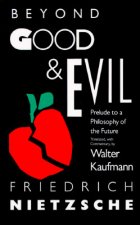
Beyond Good & Evil
61.22 zł -13 % -
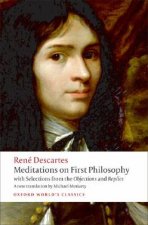
Meditations on First Philosophy
47.56 zł -23 % -
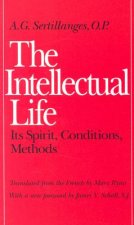
Intellectual Life
95.93 zł -6 % -

Socrates' Defence
15.47 zł -23 % -
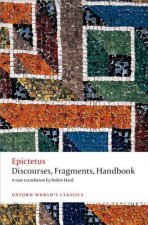
Discourses, Fragments, Handbook
52.62 zł -15 % -

Ride the Tiger
104.03 zł -6 % -

Thus Spoke Zarathustra
47.46 zł -14 % -

Fear and Trembling
47.56 zł -23 % -
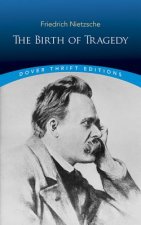
Birth of Tragedy
15.47 zł -23 % -
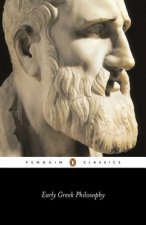
Early Greek Philosophy
61.52 zł -23 % -
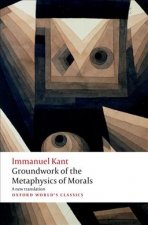
Groundwork for the Metaphysics of Morals
47.56 zł -23 % -
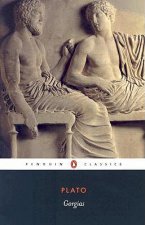
Gorgias
44.02 zł -10 % -
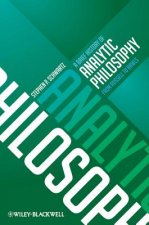
Brief History of Analytic Philosophy - From Russell to Rawls
164.65 zł -3 % -
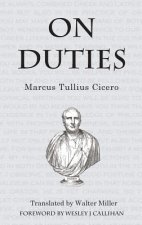
On Duties
57.98 zł -5 % -

Discourses and Selected Writings
52.62 zł -15 % -

Nicomachean Ethics
22.46 zł -29 % -

Nausea
37.94 zł -26 % -

Letters from a Stoic
47.56 zł -23 % -

Meditations
94.32 zł -13 % -

Simulacra and Simulation
86.52 zł -12 % -

Phenomenology of Spirit
94.11 zł -5 % -

Twilight of the Idols with The Antichrist and Ecce Homo
22.46 zł -29 % -

On Liberty, Utilitarianism and Other Essays
38.45 zł -23 % -
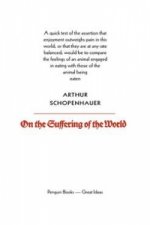
On the Suffering of the World
25.19 zł -26 % -

Human Condition
95.02 zł -6 % -

On the Shortness of Life
38.45 zł -14 % -

Existentialism Is a Humanism
44.62 zł -7 % -

Think
52.21 zł -23 % -
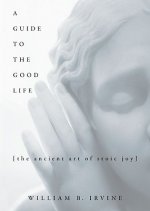
Guide to the Good Life
74.68 zł -9 % -
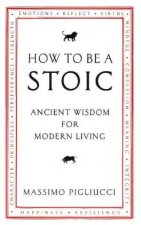
How To Be A Stoic
73.97 zł -15 % -

The Symposium
42.90 zł -13 % -

Human, All Too Human & Beyond Good and Evil
22.46 zł -29 % -
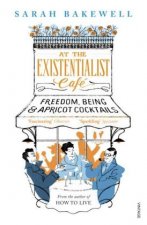
At The Existentialist Cafe
53.43 zł -3 % -
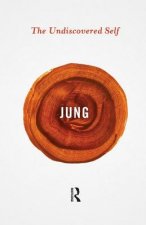
Undiscovered Self
122.15 zł -
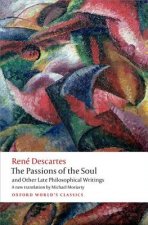
Passions of the Soul and Other Late Philosophical Writings
52.21 zł -23 % -
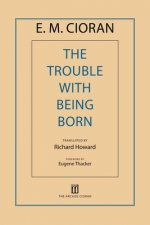
The Trouble With Being Born
64.46 zł -7 % -
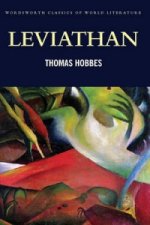
Leviathan
22.46 zł -29 % -
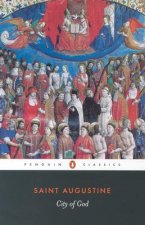
City of God
72.25 zł -13 % -

Ecce Homo
43.10 zł -23 % -
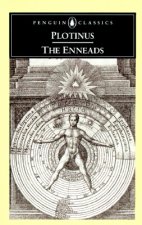
Enneads
82.07 zł -5 % -
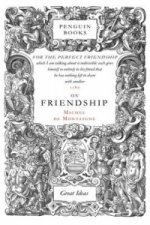
On Friendship
33.79 zł -23 %
safisfied customers
Since 2008, we have served long line of book lovers, but each of them was always on the first place.
Copyright! ©2008-24 libristo.pl All rights reservedPrivacyPoučení o cookies


 21 million books
21 million books Delivery 12.99 zł
Delivery 12.99 zł (32) 444 93 66 (8-15.30h)
(32) 444 93 66 (8-15.30h)